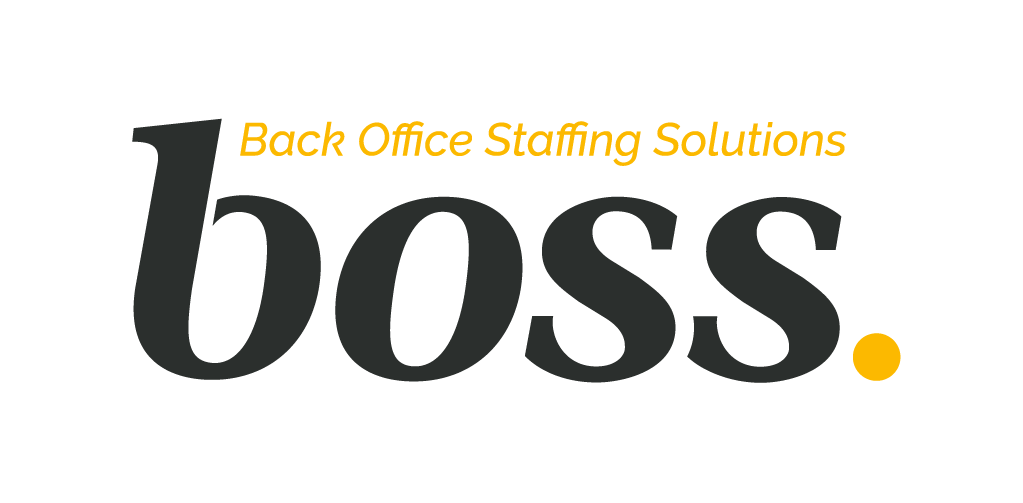Let’s Compare: BOSS vs PEO

Many staffing agencies that need administrative support may give consideration to a PEO — a professional employer organization. To help with this decision, we’ve compiled a list of key areas where a partner like BOSS and a PEO have important difference.

PEO
BOSS funds all payroll expenses. BOSS invoices payments on your behalf. Clients remit payments to BOSS, we recover our costs, then pay you the balance.

Funding
A PEO is not a funding company. As such, the payroll burdens and associated costs must be paid by the staffing business operator in advance, which can impede profitability and growth.
The staffing and recruiting industry has its own unique funding requirements, complexities, and risks. BOSS specializes in understanding and meeting these challenges.

Industry Focus
A PEO is not industry-specific. They also focus mainly on a company’s core employees.
As the sole legal Employer of Record, BOSS provides all employee onboarding, benefits administration, payroll processing, client credit, invoicing, collections, and other services.

Service Provided
As co-employers of record, PEOs mainly provide employee administration and payroll processing. They can provide some human resource support, benefits administration, and insurance coverage.
BOSS maintains all necessary insurance coverages, including general liability, errors and omissions, and workers’ compensation. BOSS is responsible for all claims and liabilities.

Risk Exposure
PEOs insist that they share risk with you. However, most will require an indemnification agreement, absolving them of certain responsibilities and leaving you exposed to greater risk.
BOSS does not include term commitments in partner agreements.
Contract Terms
PEOs will typically require a 6 month to a two-year commitment.
